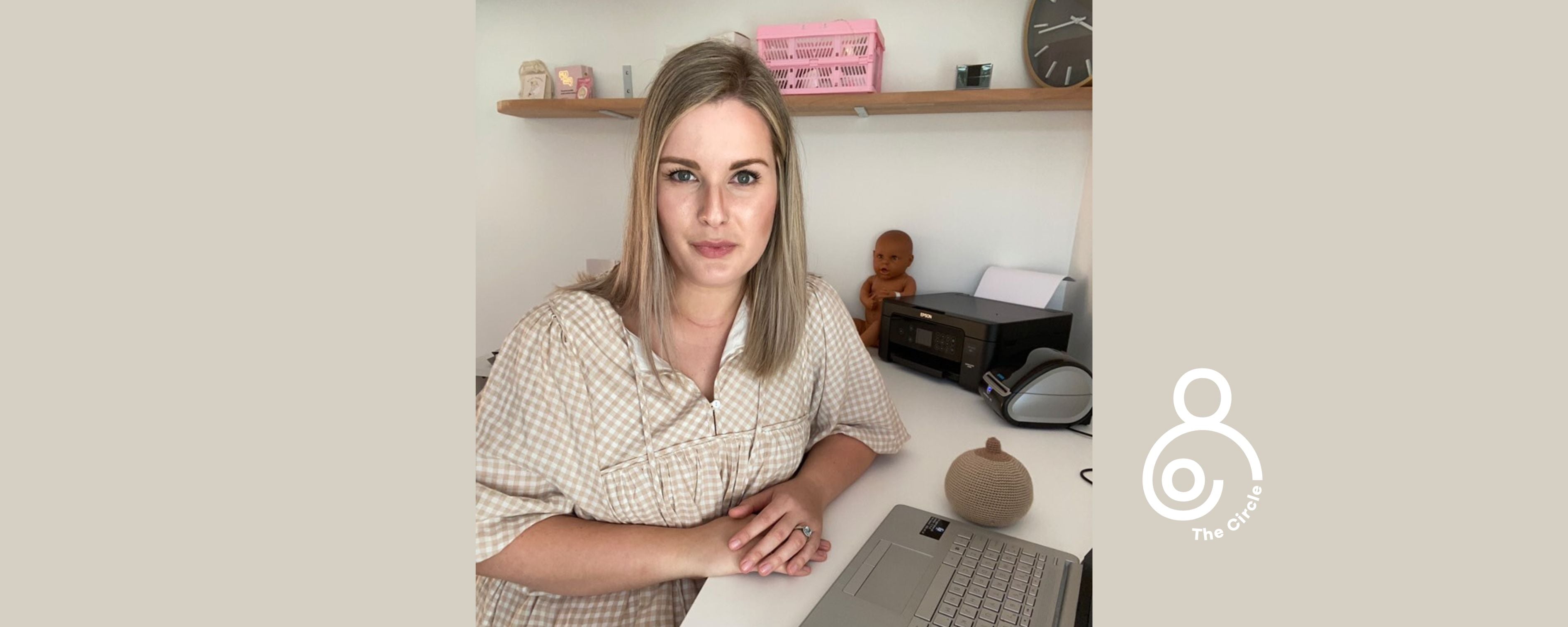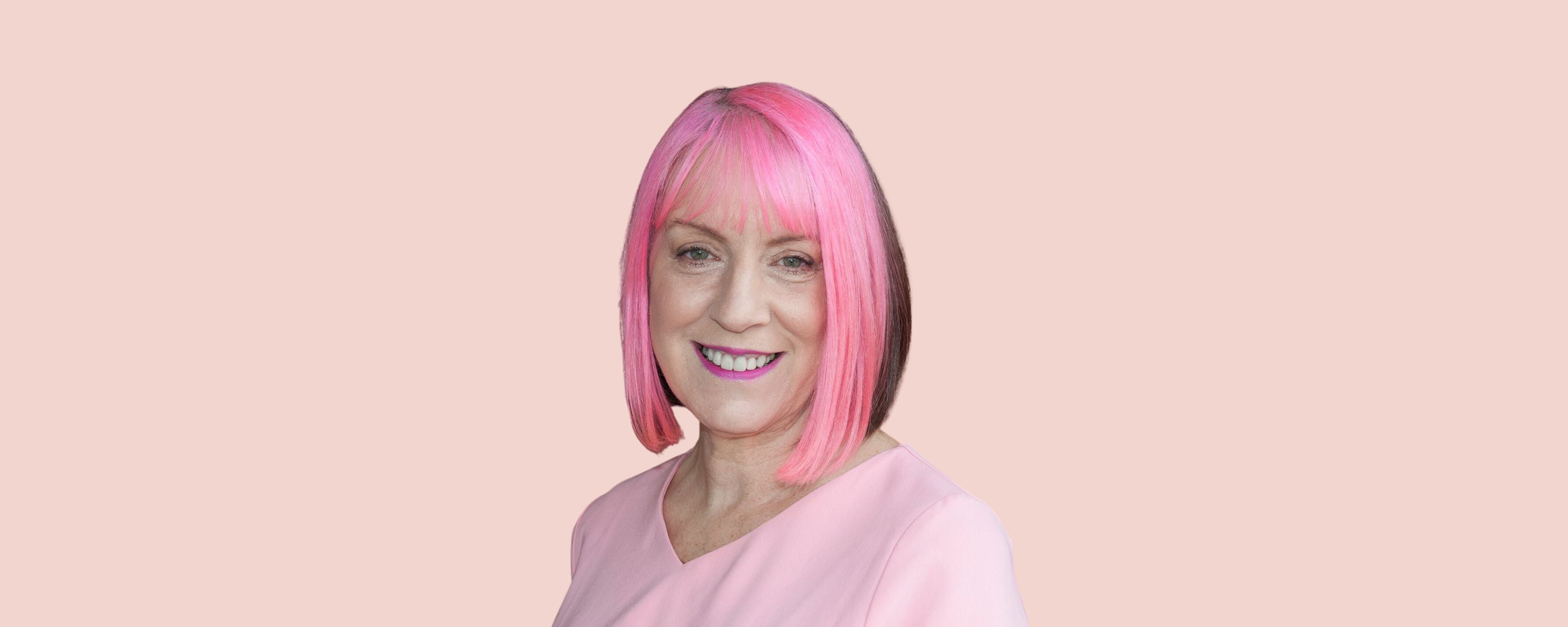After nine months (or so) of pregnancy, the transformative experience of giving birth, and a lifetime of dreaming about this moment, your precious baby is finally here.

Welcome to the golden hour, the hallowed first 60 minutes after your baby’s birth. Where in the past, babies were whisked away to be measured, weighed, bathed and examined as soon as they were born, we now know that keeping mama and baby together in the first hour has huge benefits for them both, including helping breastfeeding to get off to a flying start.
We talked to endorsed midwife, clinical midwifery specialist, mama of four and founder of One Mama Midwife, Lauren Brenton, to find out more about this special hour, why it’s so important for both mamas and babies and how to prepare for your own golden hour.
What is the golden hour after birth?
The golden hour is the name given to the uninterrupted mama and baby skin-to-skin period of time in the first hour after birth.
Sometimes called kangaroo care, it’s a precious period of bonding time between mama and baby that comes with a long list of physiological benefits. Even the Australian National Breastfeeding Strategy recognises the importance of uninterrupted skin-to-skin contact at birth.
Ideally, Lauren says, mama and baby will spend that first hour having undisturbed skin-to-skin contact and attempting their first breastfeed. Provided mama and baby are stable and doing well following the birth, “mum and baby shouldn’t be separated. There really shouldn’t be anything else done to babies in that first hour,” Lauren says. “Weights, measurements, needles – all of that can be done later.”
What happens to mama and baby during the golden hour?
“Hormones are the main driver of that golden hour,” Lauren explains. The maternal hormone oxytocin, sometimes known as the ‘love hormone’, is at its highest level after birth. “The more skin-to-skin you do, the more that [oxytocin] will increase,” Lauren says. Oxytocin fosters bonding between mama and baby, and because it helps to move breast milk to the nipple, it helps with breastfeeding, too.
As well as increasing mama’s oxytocin levels, skin-to-skin time in the golden hour raises baby’s oxytocin levels as well. This reduces the newborn’s stress levels, which means they’re better able to regulate their heart rate, respiratory rate and body temperature.
Oxytocin isn’t the only hormone at play during the golden hour. Mama’s level of beta-endorphins, released to help manage pain during labour, is also higher immediately after birth. Lauren explains that because these hormones activate the brain’s reward centre, having lots of cuddles and skin-to-skin time in the golden hour helps create a positive association with these activities for both mama and baby. “And so later down the track, when they do skin-to-skin, the reward centre goes, “Ooh, this is a good thing.” And there’s a positive association there,” says Lauren.
How can the golden hour assist with breastfeeding?
Lauren says that one of the reasons why the golden hour is so important is because it helps with the early initiation of breastfeeding, which has plenty of benefits in and of itself.
“In that first hour after birth, babies are the most awake they’ll be for the next 24 hours. So getting that first feed into them is essential in making sure their blood sugar levels don’t drop,” Lauren explains. An early first feed helps baby stay warm and avoid problems like hypothermia and hypoglycaemia.
Early initiation of breastfeeding also helps with mama’s prolactin levels. Prolactin is the breastfeeding hormone. Starting breastfeeding early helps set up prolactin receptors in the brain, which supports a successful milk supply going forward. “The more receptors we have, the more we’re going to release prolactin, and the better our milk supply will be later on,” Lauren says.
What if my baby and I can’t do the golden hour?
Sometimes mama or baby will need medical attention immediately after birth, so they can’t spend the first hour having uninterrupted skin-to-skin time. If that happens, Lauren says it doesn’t mean you can’t bond well with your baby or have great success breastfeeding.
If your situation allows, even a couple of minutes spent doing skin-to-skin before you’re separated from your baby can help maximise those hormones. Then you can pick it up again when you’re reunited. Or, if mama and baby are separated, Lauren says the next best thing is for dads or birth support people to do the golden hour. She explains that skin-to-skin time with dad after birth can bestow similar benefits on the baby and help the paternal bond blossom.
How can I prepare for the golden hour with my baby?
If you want to do the golden hour after your baby’s birth, Lauren says it’s a good idea to tell your care team. “You could put it in your birth plan, or it could be as simple as telling the midwife on the day, “I’ve read about the golden hour, and I really want to do it. I want to have that hour of uninterrupted skin-to-skin, provided baby and I are fine. Can I do that?” Lauren says that for many hospitals, the golden hour is already the standard practice for straightforward vaginal births and most midwives are more than happy to facilitate it.
Can you do the golden hour after a caesarean birth?
You sure can - Lauren did it after three of her four caesarean deliveries. She says, however, you might have to push for it.
Following a caesarean birth, many hospitals will separate mama and baby, or they’ll wrap the baby and give her to mama already wrapped, blocking skin-to-skin contact. She recommends asking for skin-to-skin time in theatre and requesting that you not be separated from your baby ahead of time.

Lauren’s top tips for the golden hour
- Place baby directly on your skin. “You don't want any blankets, towels, or anything else in between you and the baby.”
- Cover baby with a warm blanket. “The midwives will wipe the baby off with a towel first. That cold towel needs to go, and a warm blanket needs to come on. You really don't want to make that baby cold because it's counterproductive. They'll use their energy to keep themselves warm, as opposed to using their energy to feed. You want lots of skin-to-skin cuddles, really nice and warm with blankets on top.”
- Watch for baby’s feeding cues. “As soon as baby shows signs that they're wanting to feed, you can feed them if you know how, or otherwise grab the midwife, and they'll help you feed.”






